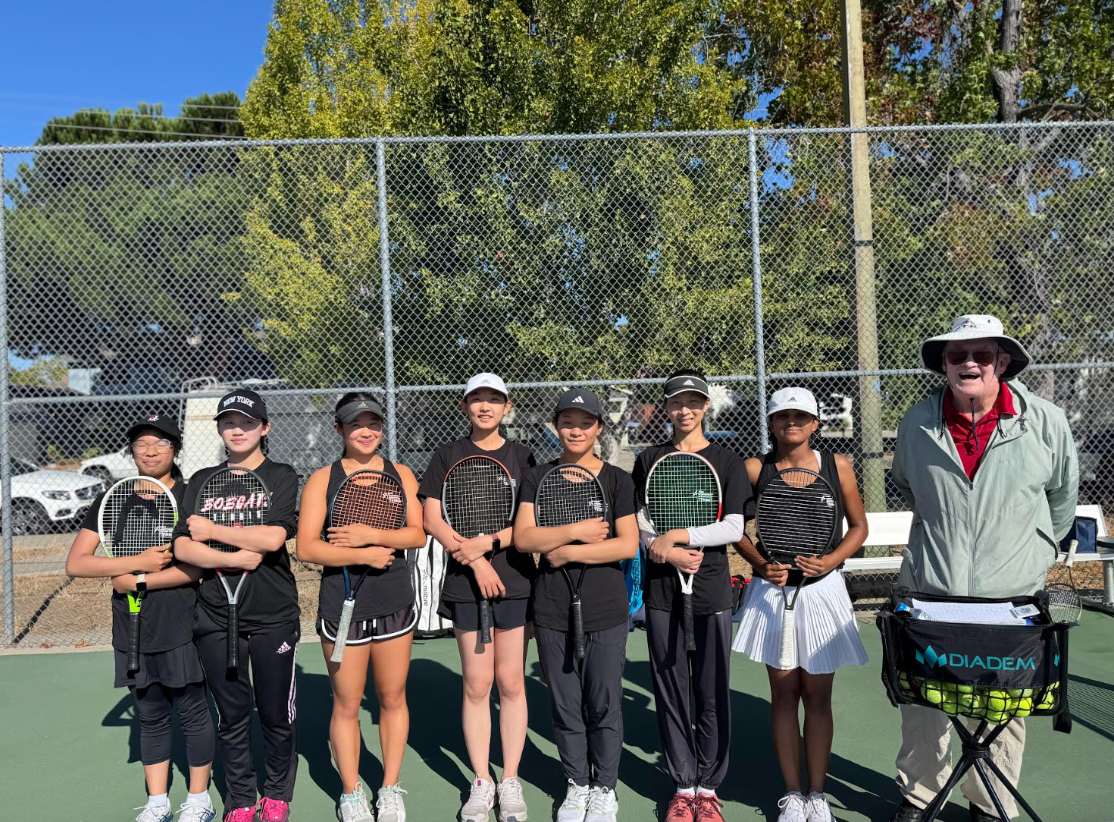As November days pass, the deadlines for college applications creep closer, and many of our seniors at BISV have already submitted some of their UCAS (application for British colleges) or EA/ED (early) applications. At this mid-point of the college application process, the seniors of The Quill decided to interview one of our college counselors, Mr. Green, and ask him a few questions about college applications that we hope will be helpful to both our current and future seniors.
Q: When do you think is the best time to get started on college applications?
A: There’s a tendency to think that you need to [start] earlier than you actually do. When it comes down to the actual nitty-gritty of filling out the applications and writing the essays, I think the end of junior year or the summer after junior year leaves you plenty of time. The applications themselves, as you’re discovering, don’t require that much: you’ll spend a little bit of time in the activity section making sure that you have good descriptions. But besides that, I think it’s really the essays. I could see someone wanting to start on essays when they’re a sophomore, but you would at least want to update them. I think that’s just too early for all of that so I think really the summer before senior year is a great time if you really wanted to get a jumpstart on it, maybe second half of. I always tell people to save the applications until the end and really spend time thinking about where you want to apply and brainstorming: thinking about the qualities you have that you would want to showcase to colleges.
Q: What do you think is the most stressful time of college applications, and what do you think students can do to lessen that stress a bit?
A: I think it’s actually the time we just got through. I think it’s the EA/ED time because when you’re submitting your early applications, anxiety is high in general just because those are the first apps that you submit, so there’s sometimes a little bit of internal freaking out. But also, those are the first applications: that’s when you have to have your personal statement done, that’s when you have to have your common app filled out, and I think it’s a combination of some psychological stress with that. Also, I think that’s when the workload is highest, whereas once you get into November and December, it’s a little bit more smooth sailing, because you have the personal statement and can start reusing essays too.
I think the biggest thing [to reduce stress] is applying to a manageable number of schools. I think a lot of people just try to apply to too many and of course, you know that just the workload just increases with schools you add. To state the obvious, procrastination sometimes comes back and hurts people, you know, just making sure that you start at the appropriate time, and then probably just planning. As soon as you have a feel for what your early college list looks like you can sit down, compare essay prompts and say “okay so it looks like I have nine essays to write but three of them are all an activity essay.” So, apply to a manageable number of schools and then plan ahead, not waiting until the last minute.
Q: If there’s one thing that you would tell all your students to keep in mind throughout their college admissions process, what would it be?
A: I’m going to evade the question a little bit by giving you two answers. Keep college in perspective, and what I mean by that is that it really doesn’t matter where you go to college. It’s important to find a college that’s a good fit for you and a place where you’ll be happy, but your life is not going to be significantly better because you went to school X instead of school Y. The important thing is that you go to college and that you go to a college that you’re well suited for. So many people are told otherwise that your future is determined based on where you go to college, so I think that keeping that in mind can help reduce some of the stress.
I think the second thing would be when you’re filling out applications and writing essays, even when you’re picking schools, just be authentic and true to yourself. You don’t want to approach essays or applications from the mindset of “oh, what is it that colleges want to see – Stanford likes to see this and Harvard like to see this.” I think the most important thing is just to really be honest and represent your authentic self on the applications. When you’re approaching an activity essay, and they ask you something very simple, like what’s your favorite extracurricular activity, I could try to think of things that I think they want to hear, or write something that is in reality my favorite extracurricular activity, like waking up early and go jogging every morning.
Q: What do you think is the optimal number of colleges to apply to, and how do you think that should be split between reach, target, and safety?
A: I’m going to say you should apply to anything in the CalState/UC system that appeals to you, and then outside of those I would say about 10 schools. Nobody does that; everybody’s a little bit higher, but I think in total having about 20 or less when you include the UCs and the CSUs is definitely the number that people should be aiming for.
Split [the list] pretty equitably between the three [reach, target, and safety schools]; of course the the reach schools are the exciting ones a lot of times, but I think that’s one of the challenges of applying to college – really doing research and figuring out schools that you might not have heard of that you really love – sometimes they’re more target or safety level. I think that’s one of the aspects of being a college counselor that I enjoy is – trying to showcase some of these schools that people might not have heard of. I think it also depends on how in love with your safety schools you are. If in a worse case scenario I’m only accepted to [my safeties] I would still be super happy, then I would say it might make sense to have a list that’s a little bit top heavy. But even then I would try to keep things fairly close to equal.
Q: What do you think the role of a parent should be in the college admissions process?
A: I think just being there and being supportive is one of the biggest things your parents can do. Sometimes I wonder if applying to college is more stressful for students or for parents, so it could be this chain where students need their parents’ support, and parents need someone else’s support. I think also helping keep this entire process in perspective is also important – reminding students that success is not determined by where you go in college. Parents should be engaged and there should be conversations about all of this, but also, for students in a lot of ways this is the first big step into adulthood, so I think it’s important for parents to let the students drive the process. It’s like a driving metaphor – they should be in the car with you but in the backseat as opposed to in the front seat reaching over steering. I think being supportive helps keep this whole process in perspective. It’s important to find that right balance of being engaged, but not so engaged that the student feels pressure to apply to certain schools, or doesn’t have creative control over their essays.
Q: Any final words of wisdom for all our current and future seniors?
A: I guess, try to have fun with the process. I think there’s so much anxiety surrounding this that we lose sight of just how cool and exciting it is – you’re picking out where you’re going to spend the next four years. There are so many amazing schools out there, and that’s kind of a double-edged sword: it’s exciting because there’s so many options out there, but it’s also daunting, since you have to narrow that list down. It’s also so easy to get caught up in little things to stress about applying to college and lose sight of the fact that this is exciting. College is amazing for all sorts of reasons – this is the first step of the next four years of your life!

















![Teacher [Milk] Tea: Part 2](https://bisvquill.com/wp-content/uploads/2024/03/Screen-Shot-2024-03-19-at-9.28.48-PM.png)


































![Teacher [Milk] Tea: Part 1](https://bisvquill.com/wp-content/uploads/2024/03/milk-tea.png)